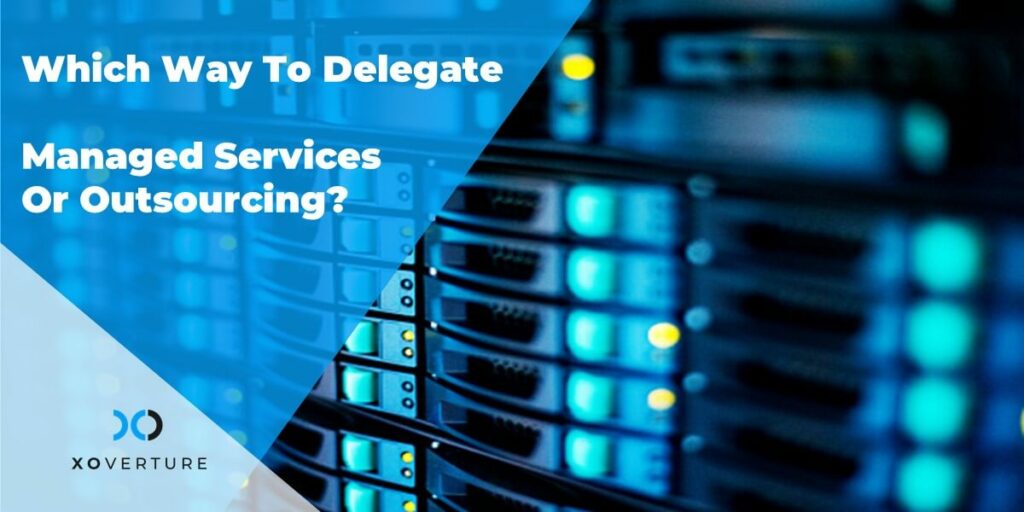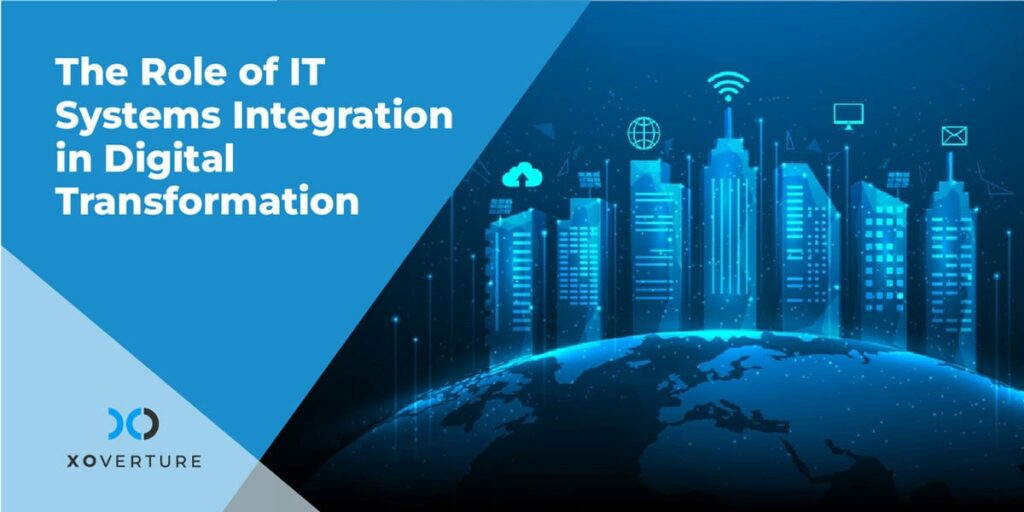Outsourcing Explained!
Outsourcing is the process of delegating planned and ongoing corporate functions to a third party. Outsourced work is often the work that could be done in-house, but employing a third-party company allows organizations to save money on labor, overhead, and equipment.
Outsourcing tasks are typically narrowly defined processes rather than overarching plans. To put it another way, you ask the organization to do the work, they do the duties, and you get billed for the work.
Managed Services Explained!
The transfer of all or part of an organization’s day-to-day management of its network, application, infrastructure, and security via continuing, regular maintenance, and active administration, whether on-premises, in a third-party data center, or in the cloud, is known as managed services. System operation and support, capacity planning, asset management, IT administration and troubleshooting, security management, configuration management, and system repair are some of the services provided by a managed services provider.
Managed services, contrary to popular assumption, is much more than a fancy euphemism for outsourcing; it is:
- A comprehensive approach to technology management that provides a wide range of services across one or more areas.
- An end-to-end IT ecosystem support service that includes everything from managing and maintaining IT systems to recommending ways to improve the efficiency of your systems and the productivity of your personnel.
- Offered by a big team of qualified IT specialists, this solution enables businesses to make the most of their IT and provide exceptional end-user experiences while obtaining continuous operational support for their vast range of IT apps and services.
- A fantastic method to benefit from long-term, advisory services while also developing a long-term relationship and receiving IT services from a pool of experts with a diverse set of skills.
Differences Explained: Outsourcing Versus Managed Services
Here are the differences between outsourcing and managed services:
Outsourcing, Unlike Managed Services, Are Specific Task Related
Outsourcing companies may specialize in specific services or portions of a multi-phase project. Some businesses, for example, may choose to outsource their helpdesk operations or a portion of a software development project.
Managed services providers take a more comprehensive approach to technology services, and typically offer a range of services that can include a one-stop-shop for a complex project, or various types of tech services that can relieve some of the stress from an overburdened internal IT department, such as 24-hour troubleshooting services or infrastructure updates.
Managed Services Are A More Long-Term Investment
Outsourcing is typically done on a short-term basis when a specific issue arises, but firms who rely on managed services see it as a long-term solution. The most significant distinction between managed services and outsourcing is how the services are paid for. Even if you’re buying a recurring service, you’ll know the complete cost upfront with managed services. In most circumstances, you’ll be charged on a monthly basis, and you’ll know exactly how much you’ll be paying each month. What you pay for outsourcing is determined by the agreements you establish with other organizations and individuals, and performance pay is frequently questioned.
Peace Of Mind
One of the most important advantages of managed services is the peace of mind it provides. Consider it as a form of insurance. Instead of paying costly expenses to deal with problems as they arise, you pay a more reasonable monthly price and know that you will always be taken care of. They may also assist with preventative maintenance, as well as evaluations and updates, which are crucial for device security and performance.
Either you opt for outsourcing or managed services, in both cases, you obtain the following advantages:
- Experts on the subject: Your tech support will remain top-tier thanks to a source with great talent and ongoing training.
- Better hardware and software are required: Because of their business strategy, service providers frequently have and provide access to the most up-to-date technologies, programs, and resources. They share these valuable resources with a variety of enterprises that might not otherwise be able to afford them. Security and data separation remain excellent.
- Use as needed: You don’t have to pay for an in-house IT department that could be difficult to manage or cost more than is necessary. Furthermore, your IT support can grow with your organization.
- More time to focus on company objectives: You’ll have more time to focus on improving business operations and achieving your key objectives if you spend less time working on the technology.




